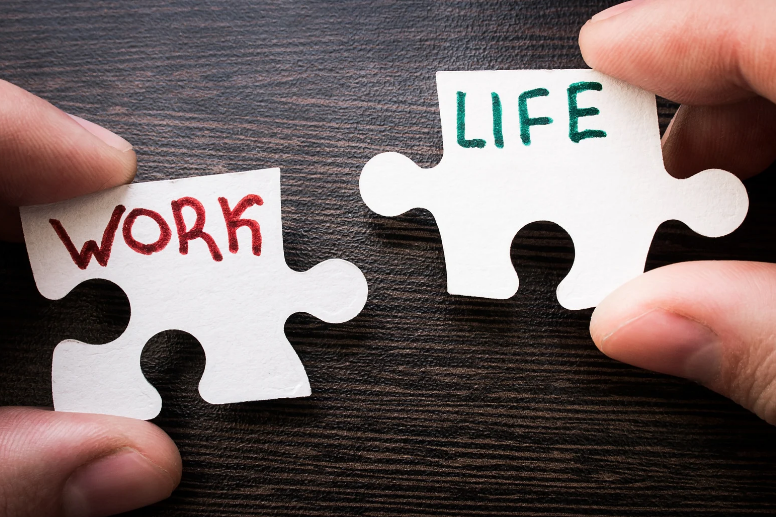
When it comes to mental health, setting boundaries is key. This includes learning how to say no when you can't accommodate new events or tasks, like social gatherings or work projects. The challenge, of course, is actually saying no—and not feeling guilty while doing so. Luckily, with the following tips and some practice, you can master saying no in the name of mental health without sending yourself on a guilt trip.
1. Avoid delaying your response.
Although it's easier said than done, saying no sooner rather than later is key for avoiding stress. After all, the longer you wait to deliver your inevitable refusal, the more guilt can brew and bubble, causing doubt to arise. If you're struggling with giving early responses, remind yourself that people will appreciate the heads up as soon as you make a decision. It also allows more space to discuss alternatives, which we'll explore in a bit. Meanwhile, letting others get their hopes up—or keeping them in the dark—can be simultaneously frustrating for people and stressful for you.
2. Keep it simple.
If you feel guilty about declining a request, it can feel tempting to provide a detailed explanation. Besides, if you back up your rejection with all the reasons, people will be more likely to understand, right? Not necessarily. The boundary that you're trying to set can easily get lost in elaborate excuses. On the flip side, a brief explanation will get to the point, paradoxically leaving little room for confusion. This will help both of you feel better about the rejection.
3. Focus on the positive.
When we feel crummy about saying no, the interaction can feel negative. However, it comes down to your delivery. Infuse your response with positive qualities, like appreciation or well-wishes. This might involve saying something like, "Thanks for inviting me, but I have other commitments. I hope you have a great time!". You can also mention the personal positive outcomes of the refusal, depending on your relationship with the person. For example, you could say, "Brunch with the crew sounds fun, but I'm burned out. I need some time to recover so I can be more mentally present at the next brunch outing." This approach is an excellent way to stay honest while reminding yourself why you're saying no.
4. Give an alternative.
Here's the thing: The word "no" doesn't equal "never". In other words, you can try offering an alternative, whether it's a different setting or time. This allows you to fulfill their request in a way that also works for you, which is a win-win for both parties. While you're at it, keep in mind that when someone makes a request, they're basing it off their own needs or whatever information they have available. The only way they'll know what works best for you is if you tell them.
5. Welcome feedback or suggestions.
On that note, when you're navigating alternatives, ask the person to give their two cents. For example, let's say you're a pro at organizing and a friend asks you to help reorganize their garage this week, but you're busy. You can say something like, "I'm booked this week, but I can come by next week. Are there specific days that work best for you?". By inviting the other person to help choose an alternative, you reduce worry about disappointing them while showing that you're willing to coordinate.
Finally, remember that turning down requests is an act of kindness toward you and the other person. It protects your mental health while ensuring that you don't meet the request in a haphazard, mediocre way. This is not only respectful to the people in your life, but to yourself, too.













